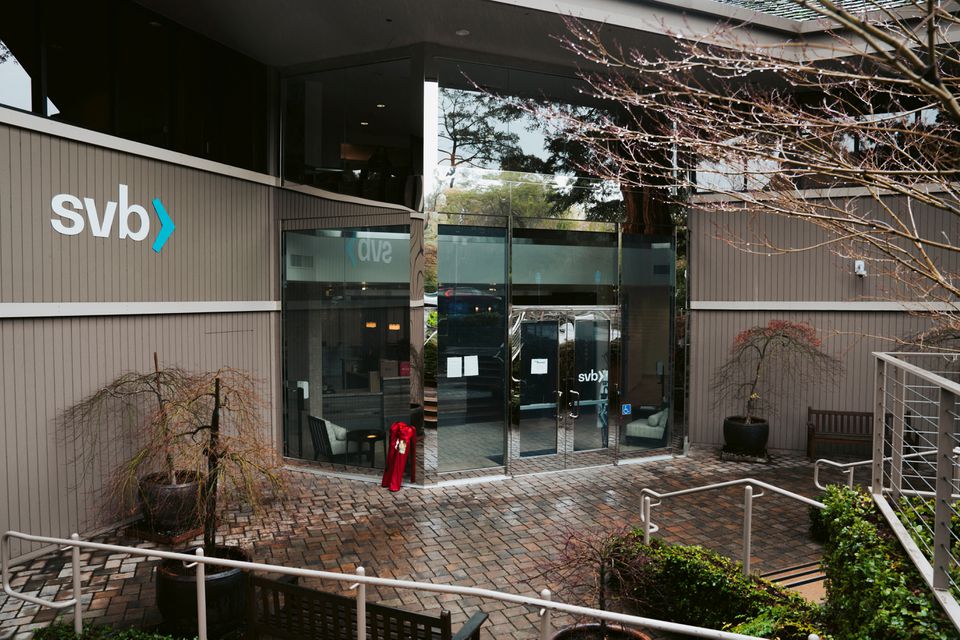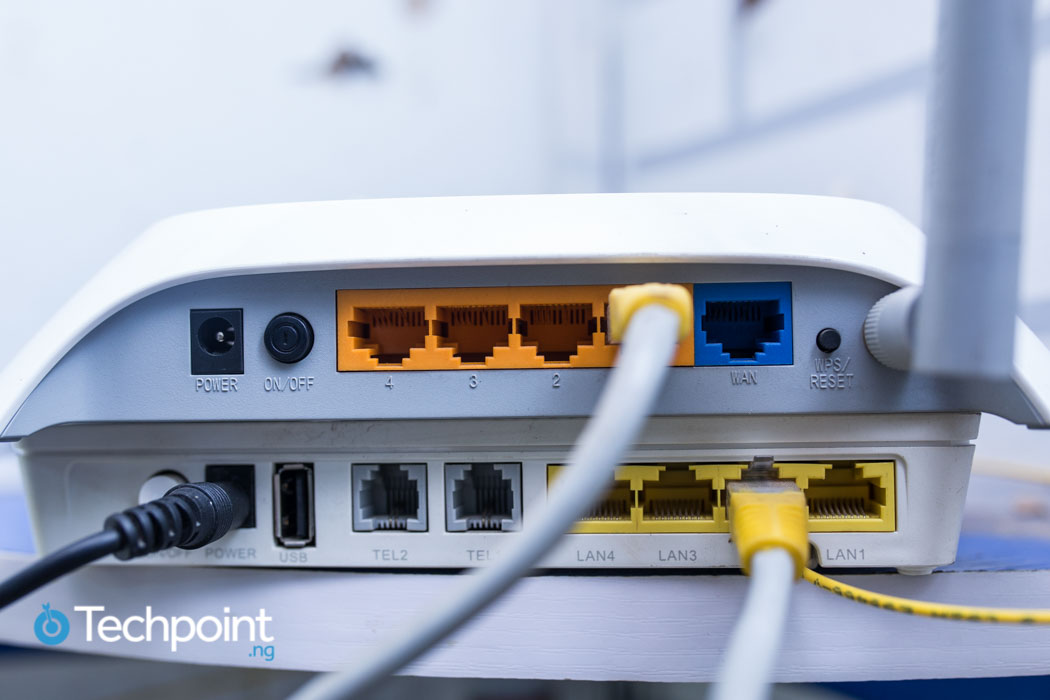What happened with SVB?
On March 10, 2023, Silicon Valley Bank (SVB) unexpectedly became the biggest U.S. financial service firm to fail in over a decade. Last Friday, the California Department of Financial Protection and Innovation closed the bank, appointing the Federal Deposit Insurance Corporation (FDIC) as the receiver; that is, SVB has now been taken over by a government agency and depositors' money frozen.
The bank reportedly started selling its securities at a loss, and this rubbed off wrongly on investors and depositors, who immediately started pulling out their funds, leading to its eventual collapse. Bloomberg reported that on Thursday alone, the bank almost had about $42 billion withdrawn from its treasury.
While it is unclear how it found itself in this situation, there are speculations that startups haven't been depositing much capital in the bank in the past months because of the current economic situation.
What’s the FDIC's role in all of this?
Since most commercial banks are FDIC-insured, U.S. regulators have devised ways to protect depositors in the bank and stop a possible ripple effect on other banks. It's doing this in a bid to "strengthen the public confidence in the U.S. banking system."
So far, two banks have been affected by the SVB incidence – Silvergate Bank and Signature bank. Silvergate Bank focuses specifically on serving the digital currency industry, with SVB holding a significant ownership stake in the company.
By Sunday, New-York based Signature bank was also closed down by New York state financial regulators. The bank is known to be involved in the cryptocurrency industry, offering banking services to companies in the space.
Consequently, according to a statement by the Board of Governors of the Federal Reserve System, FDIC has been empowered to make sure all depositors in SVB and Signature Bank have access to all their money starting Monday, March 13. "No losses will be borne by the taxpayer," the statement reads.
Information on the website reads, "Depositors will have full access to their money beginning this morning, when Silicon Valley Bank, N.A., the bridge bank, opens and resumes normal banking hours and activities, including online banking."

Suck at managing people?
Give it a try, you can unsubscribe anytime. Privacy Policy.
How should startups react?
Out of all the possible scenarios that could arise from the SVB situation, FDIC's statement presented the best. Apparently, this is good news for African startups using these U.S. banks' services. And this goes on to quell the tension startups like Chipper Cash that are customers might have initially felt.
Side note: SVB participated in Chipper Cash’s additional $150 million Series C extension round in 2021. Ham Serunjogi, Chipper Cash CEO, in a statement, mentioned how insignificant the effect that SVB's shutdown would have on the startup.
Per FDIC’s intervention, the question has moved from "if" affected startups would have access to their deposits, to "how soon" they will.
If anything, temporarily-blocked access to funds could affect recurring and time-sensitive expenditures like payrolls. Maelle Gavet, CEO of Techstars, a global accelerator and VC firm, sent out a public statement to startups in its network via a LinkedIn post.
Among other things, she urged startup founders to prioritise their employees. Saying, "Do everything to meet payroll - not just because there's a legal and moral imperative, but you could risk your business if you don't."
While emphasising the importance of communication at a time like this, she nudges founders to take these necessary steps:
- Founders can consider taking a short-term loan. They can also take advantage of other startups willing to provide access to emergency funds during this period.
- Consider deferring salaries. Salary cuts may also be an option.
- Draw up a list of essential employees in the case where tough decisions, like downsizing, have to be taken.
Diversifying investments and having a solid financial plan in place can also help startups mitigate risks during a crisis. By spreading their capital across several firms, startups may be better prepared to weather economic uncertainty. Ham's statement about their financial diversification highlights the importance of having a well-thought-out financial strategy in place to ensure stability and resilience in challenging times.
Is your startup job safe?
In crisis situations like this, lack of communication between employer and employees can be the greatest cause of panic among staff, which, if not properly managed, can cause internal collapse. The way founders approach communication with their teams can have a significant impact on employee morale and resilience during uncertain times.
While it is uncertain whether the recent events at SVB will result in further layoffs among VC-backed startups, it is important for startup founders to communicate openly and honestly with their employees to help them navigate any challenges that may arise in the coming days.
By engaging in open dialogue, employees may even suggest alternative solutions such as pay deferrals or reductions. Effective communication can help ensure that management decisions are gracefully accepted and understood.
Ultimately, the safety of your job is a function of how your startup founder approaches communication with internal and external stakeholders.
Should you still consider getting a tech job?
Despite the current layoff trend, companies are still hiring to fill roles, which means opportunities are still available in the tech industry, and an SVB incidence might not be enough to spell a complete halt.
Also, not every startup is affected by this. But while this is true, startups with wider influence can have a ripple effect on the industry.
Finally, the 2008 financial crisis showed that times of economic uncertainty could often lead to the rise of innovative solutions. Companies like Uber, Airbnb, and Slack all sprung up around the same time as the 2008 recession. Although the recession might not be the primary reason for their creation, it might have played a role in shaping the economic basis for them to thrive.
It is, therefore, important to stay informed and be prepared for potential changes in the job market.






















